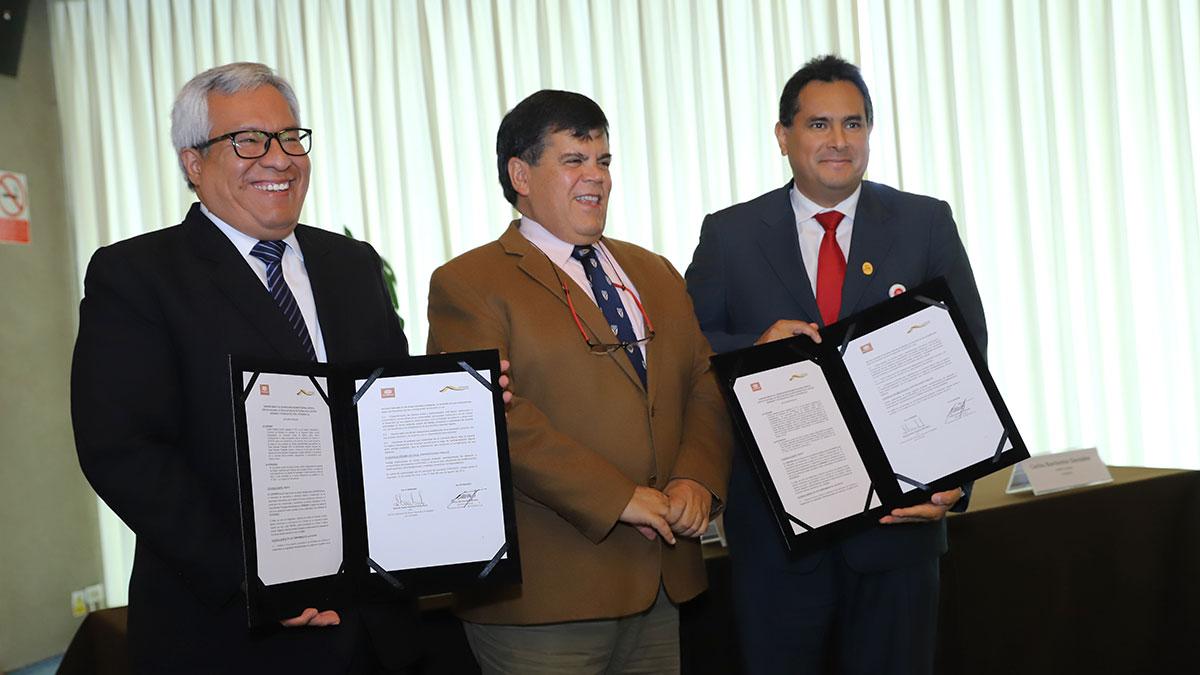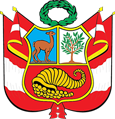PETROPERU signs agreement with SERNANP to preserve biodiversity

PETROPERU signed today a Framework Agreement with the National Service of Natural Areas Protected by the State (SERNANP), governing body of the National System of Natural Areas Protected by the State (SINANPE) of the Ministry of Environment. The act was chaired by the president of the Board of Directors, Carlos Paredes Lanatta. On the part of the state oil company, the document was signed by Carlos Barrientos, General Manager, while the Institutional Chief, Pedro Gamboa Moquillaza, did it for SERNANP.
Dr. Paredes Lanatta was emphatic in stating that the company seeks to establish a working relationship with a single objective: to promote the care of our biodiversity in areas close to its influence operations. It is everyone's obligation to take care of our environment for future generations and this, he said, leads us to be aware, acting seriously and with great social and environmental responsibility, he said.
This agreement is part of the PETROPERU Corporate Biodiversity Management Plan, whose main objective is to develop a global strategy to protect and conserve biodiversity in the areas close to its operations and projects; especially of highly sensitive habitats and species.
The agreement is materialized after both entities will identify common lines of action, which will be specified in specific agreements. For PETROPERU, this is a commitment acquired in its Integrated Management Policy for Quality, Environment, Safety and Health at Work.
The information obtained will allow defining priority areas for the conservation and sustainable use of biodiversity, which will facilitate decision-making on the planning and management of the areas by the actors involved. While the dissemination of information on biodiversity will allow to propose strategies and guidelines for the species and ecosystems that are subject to conservation.
It is important to note that the approach of both Institutions has been facilitated by the German Development Cooperation, implemented by the GIZ, through the ProAmbiente II Program, with whom we also plan to sign a cooperation agreement.
NP-230


